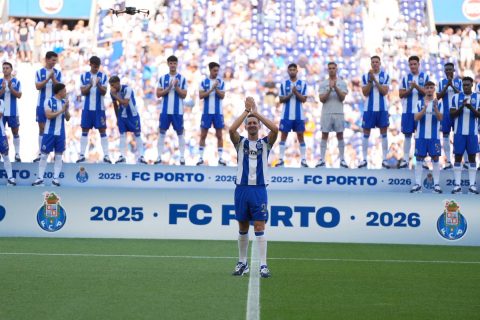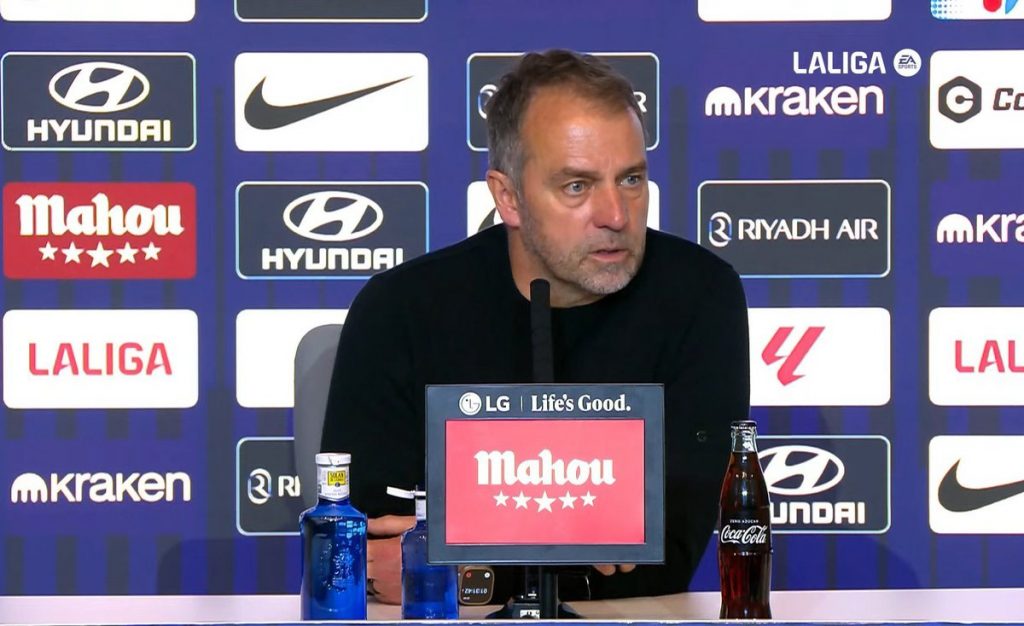In the ever-competitive world of football, scheduling conflicts often add another layer of complexity for top-tier clubs. Recently, Real Madrid demonstrated their unwavering stance by refusing to participate in a match with less than 72 hours of rest in between. The decision has ignited discussions among fans and management within La Liga.
Real Madrid’s Scheduling Saga
Real Madrid’s move comes at a crucial time, as managers aim to protect their players from injuries and fatigue. This decision aligns with the club’s philosophy to ensure optimal player performance and well-being during a congested fixture schedule. The refusal has garnered widespread attention, sparking debates over the obligations of football clubs to scheduling authorities.
Importance of Rest for Players
The importance of sufficient rest between matches cannot be understated in modern football. Player fatigue can lead to injuries, potentially compromising the team’s success in vital competitions such as the UEFA Champions League. By prioritising rest, Real Madrid sets a precedent that clubs must balance commercial commitments with player welfare.
Hansi Flick’s Perspective
Contrasting sharply with Real Madrid’s decision, Barcelona‘s manager, Hansi Flick, offered his take, affirming his dedication to a dense fixture list. “We are Barça, not Real Madrid. And I’m very proud that we are Barça,” stated Flick, reflecting a philosophy of flexibility and resilience.
Flick’s remarks underscore a different strategy wherein adaptability takes precedence. By embracing the schedule, Barça demonstrates confidence in their squad depth, believing it can navigate the challenges of frequent matches without compromising quality.
Impact on the League
This divergence in strategy highlights the varying approaches within La Liga’s elite. For Real Madrid, protecting their talented roster might serve as an impetus for future discussions on scheduling reforms. Conversely, Barça’s adaptability indicates readiness to maintain their competitive edge, regardless of the constraints posed by tight schedules.
What Lies Ahead?
As discussions on match scheduling intensify, the approaches of clubs like Real Madrid and FC Barcelona may influence league policies. Clubs worldwide are keenly observing these developments, which could lead to broader changes in both national and international competitions.
The contrast between Real Madrid’s cautious scheduling and FC Barcelona’s flexible approach exemplifies differing philosophies that define modern football’s elite. As fans and analysts debate these choices, it remains to be seen which strategy will yield the best results over the course of a grueling season.









